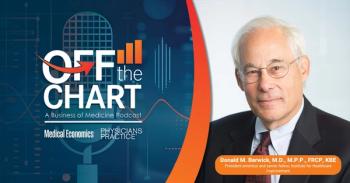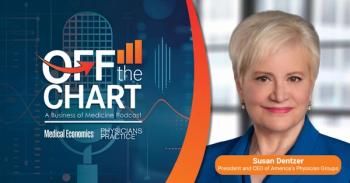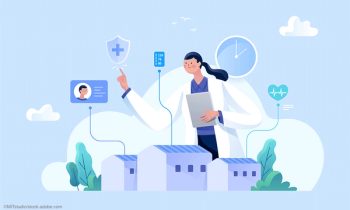
The Sunshine Act and Continuing Medical Education
CMS has published some excellent guidance for physicians on their involvement in CMEs and how it applies to the Sunshine Act detailing payments.
Beginning August 1, 2013, applicable manufacturers and group purchasing organizations (GPOs) will be required to report all payments and transfers of value to physicians and teaching hospitals to CMS. An excellent article on the rules, can be found at the Policy and Medicine website:
Although it took many stakeholders by surprise, a proposed rule published by CMS in December 2011 incorporated indirect commercial support payments for CME into the Act’s scheme for direct physician payments. The final rule
This about face naturally led to confusion.
Here's two such questions and answers of note:
Q: Are payments provided to physicians for speaking at a continuing medical education event reportable?
A: Speaker compensation at continuing education event such as Continuing Medical Education (CME) conference is not required to be reported by an applicable manufacturer if all of the following criteria are met:
1.) the CME program meets the accreditation or certification requirements and standards of the Accreditation Council for Continuing Medical Education, the American Academy of Family Physicians, the American Dental Association’s Continuing Education Recognition Program, the American Medical Association, or the American Osteopathic Association;
2.) the applicable manufacturer does not select or suggest the covered recipient speaker nor does it provide the third party vendor with distinct, identifiable individuals to be considered as speakers for the accredited or certified continuing education programs; AND
3.) the applicable manufacturer does not directly pay the covered recipient speaker.
Q: What items or materials are considered education materials and are not reportable transfers of value?
A: Education materials and items that directly benefit patients or are intended to be used by or with patients are not reportable transfers of value. Additionally, the value of an applicable manufacturer’s services to educate patients regarding a covered drug, device, biological, or medical supply are not reportable transfers of value. For example, overhead expense, such as printing and time development of educational materials, which directly benefit patients or are intended for patient use are not reportable transfers of value.
This Q & A page contains a bounty of easily understandable information, assuming you can find it. In keeping with the government’s penchant for confusing precision, the term "Sunshine Act" appears nowhere on the page. The official title is: "National Physician Payment Transparency Program Subtopic: Open Payments."
Newsletter
Optimize your practice with the Physicians Practice newsletter, offering management pearls, leadership tips, and business strategies tailored for practice administrators and physicians of any specialty.






